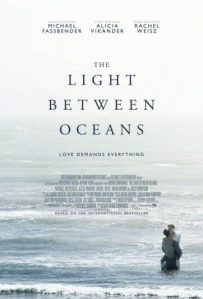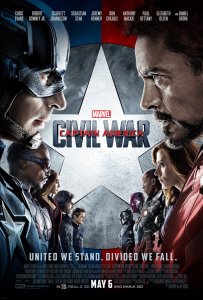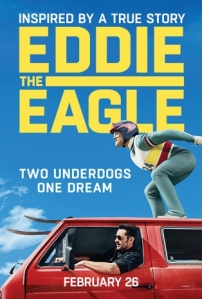It has been almost a month since the New York Times published a series of shocking allegations against Hollywood producer Harvey Weinstein (known for Gangs of New York, Pulp Fiction and Shakespeare in Love), sparking almost every big name in the industry condemning his actions and leading to his Academy membership being stripped – only the second time in history that this has happened. Weinstein has been accused to have harrassed female employees across three decades, with recognisable names such as Gwyneth Paltrow and Angelina Jolie speaking out about their experiences of this inexcusable sexual abuse. This is probably the most high-profile scandal of this kind to ever happen in the film industry but it certainly isn’t the first (Woody Allen, for example, has had many controversial allegations made against him in recent years), and probably won’t be the last if history is anything to go by.
We must question how this scandal has managed to go unnoticed for 30+ years given the amount of women that have now come forward and spoken out against Weinstein’s inexcusable behaviour. There have been reports of Weinstein paying off those who have threatened to come forward in the past, but this explanation as to why this scandal has been allowed to happen is far too basic in my eyes and, fundamentally, we can link Weinstein’s actions to the patriarchal foundations on which the film industry in Hollywood has stood since its very first days.
Attempts to theorise the role of women in Hollywood, particularly in its Classical period, have drawn similar conclusions – that women are portrayed as submissive, insignificant objects of a spectacle. Central to these ideas is Laura Mulvey’s highly influential essay, ‘Visual Pleasure and Narrative Cinema’ from 1973, in which she theorises the male spectator of Classical Hollywood cinema and argues that films made during this period were constructed in a way that makes the male (both the protagonist within the film, and the spectator of the film) the active participant, whilst the female is passive – her only purpose is ‘to-be-looked-at’. These ideas are significant even now, 40+ years later, as they illustrate that Hollywood has always been a ‘world’ in which (rightfully or wrongly) men hold the power over women. In a culture that has always placed men in control as both spectators, protagonists and viewers, it’s hardly surprising that men with the power in industry terms like Harvey Weinstein have continually abused this power for many years – throughout their working lives they have constantly been delivered reinforcing messages that solidify the notion that men are above women and suggest that this kind of behaviour is just something that happens in the filmic world.
The divide between men and women in Hollywood is slowly improving – in 2010 Kathryn Bigelow was the first woman to win the Academy Award for Best Director in Oscars history. Yet in 88 years of these prestigious and industry-defining awards she is still the only woman to have won this award and still, to this day, the number of popular films that fail to pass the Bechdel Test (to pass, a film must have at least two women in it whom talk to each other at some point during the narrative about something other than men) is highly surprising; in 2016, blockbusters such as Batman vs Superman: Dawn of Justice, Deadpool and Passengers all failed to pass what should be such a simple test. The culture in Hollywood therefore still appears to reinforce what should be archaic ideas that men deserve to have the power both behind and in-front of the camera and that women should be passive in all aspects of the filmmaking process.
If the films being produced don’t spread the message that women are more than a spectacle to-be-looked-at, what’s stopping men like Harvey Weinstein exploiting them for years to come?











